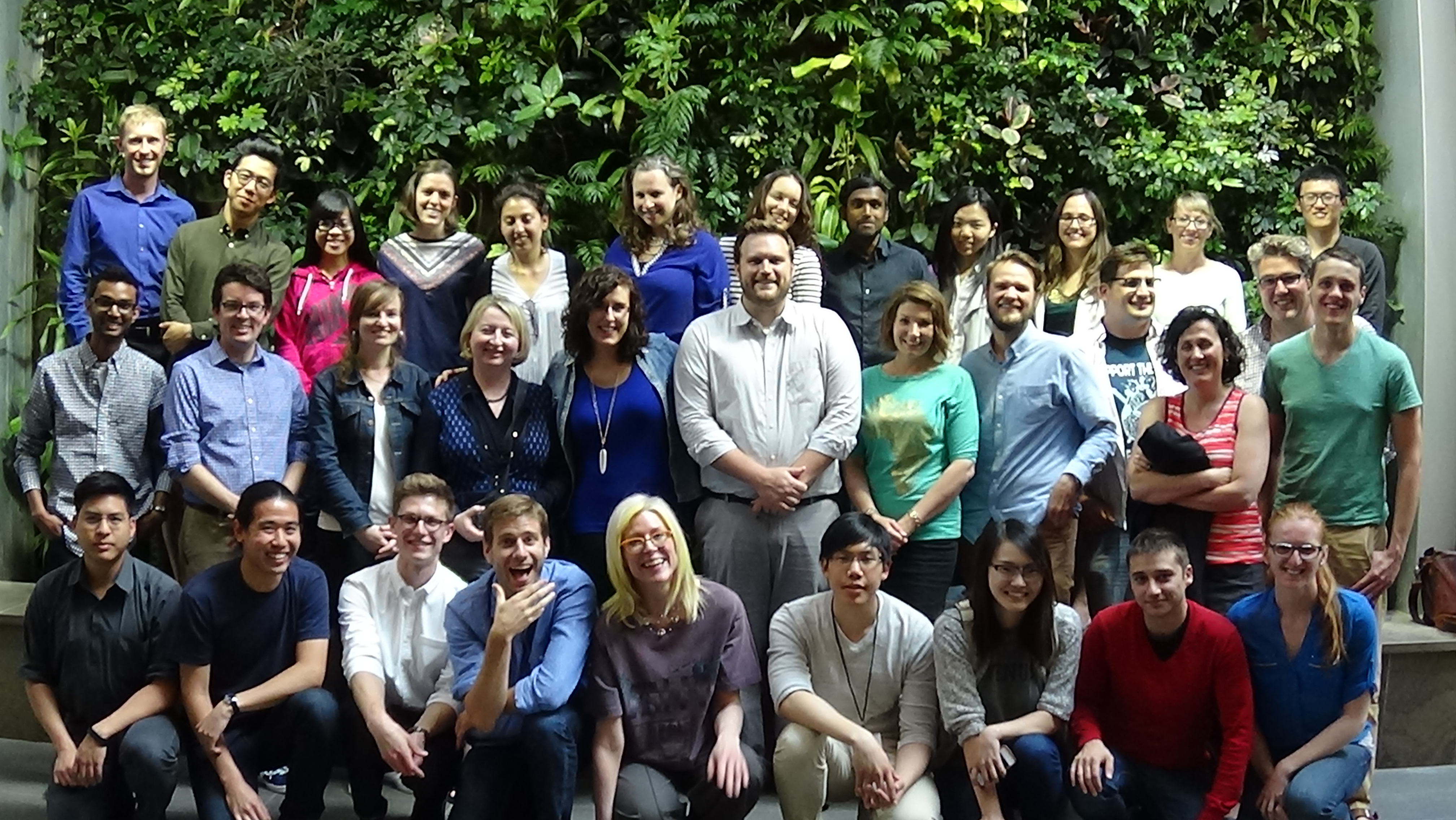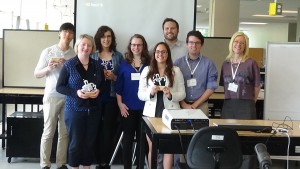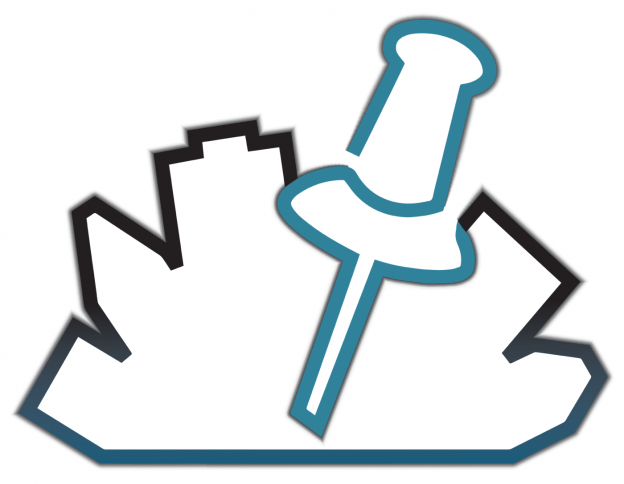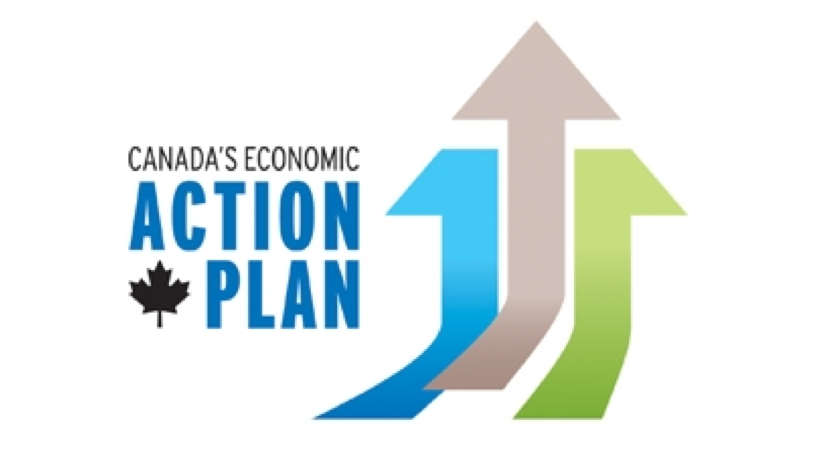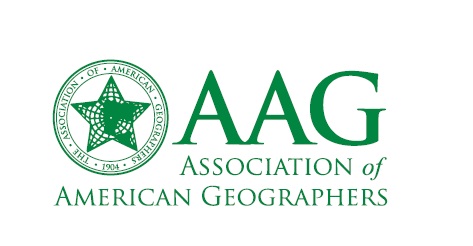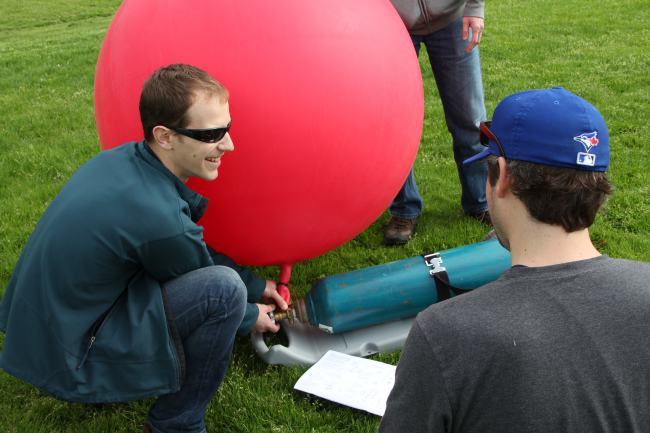
Peter Johnson undertakes the Public Lab of Open Technology and Science (PLOTS, or simply ‘Public Lab’) balloon mapping technique to test it for future use in a class.
By Drew Bush
Peter Johnson, assistant professor of Geography and Environmental Management at the University of Waterloo, was honoured with the Ontario Government’s Early Researcher Award for his project, Measuring the Value and Impact of Open Data. Johnson was one of two professors in his department that were funded.

Peter Johnson, assistant professor in the University of Waterloo Department of Geography and Environmental Management, was recently awarded Ontario’s Early Researcher Award.
In the project, Johnson will build partnerships with stakeholders, develop case studies to measure the impact of open data initiatives, and assess how open data generates economic and social benefits. Ontario’s provincial and municipal governments now prioritize the sharing of open government data, like many North American communities.
And right now is a key time for evaluating the impacts of such data, Johnson told Geothink this past June at the University of Waterloo.
“I think we’ve reached a spot in open data provision where we understand the technical challenges to providing open data and some of the organizational challenges as well,” he said of his and his students’ work. “But it’s trying to understand what is the impact that open data provision is having. So trying to follow data from just being provided on a web site and a download portal to understanding are community groups using it, is the private sector using it, are other governments using it, or even is it being used internal to the government that’s providing it?”
Johnson’s research may impact how Ontario and other governments one day share open data and the way private developers, nonprofits, and citizens build applications and businesses using such data.
Other areas of research for Johnson and his students include looking at the use of government 311 applications that help citizens report overflowing garbage cans in a local park or if a particular sidewalk might need to be shoveled. Their research questions why governments are developing these applications and using them, the type of data such applications gather, and how this data can be used to improve government processes.
“Is this an opportunity for citizens to express their opinions on different potential developments or to connect with their elected officials?” he asked. “And how does this official channel compare to something that’s unofficial like Twitter?”
“What I’m really interested in is looking at is balancing citizen input that is delivered in these different ways,” he added. “So which one gets the results? Tweeting at your counselor or using the official government branded app to report your pothole at the end of your street?”
In addition to this research, Johnson published a paper with Geothink Head Renee Sieber, associate professor in McGill’s Deptartment of Geography and School of Environment, this past July in Government Information Quarterly entitled “Civic open data at a crossroads: Dominant models and current challenges.”
On his personal Web site, he writes that in this piece, “We take a look at the dominant models of open data provision by government and start to lay out what the challenges are for delivering open data. We tried to make this both a reflective look at where open data is, and also to push civic open data forward, examining how open data works as part of open government strategies.” Find a pre-print copy available here and also find the abstract below.
The award, given to 822 early career researchers since 2005, was given by the Ontario Ministry of Research and Innovation and The Ontario Research Fund – Small Infrastructure programs. The province will spend $209 million this year to support research projects and talent at research institutions across the province. This year’s successful 280 successful projects were chosen based on their research excellence and their economic and societal benefits for Ontario.
If you have thoughts or questions about this article, get in touch with Drew Bush, Geothink’s digital journalist, at drew.bush@mail.mcgill.ca.
Abstract
Civic open data at a crossroads: Dominant models and current challenges.
As open data becomes more widely provided by government, it is important to ask questions about the future possibilities and forms that government open data may take. We present four models of open data as they relate to changing relations between citizens and government. These models include; a status quo ‘data over the wall’ form of government data publishing, a form of ‘code exchange’, with government acting as an open data activist, open data as a civic issue tracker, and participatory open data. These models represent multiple end points that can be currently viewed from the unfolding landscape of government open data. We position open data at a crossroads, with significant concerns of the conflicting motivations driving open data, the shifting role of government as a service provider, and the fragile nature of open data within the government space. We emphasize that the future of open data will be driven by the negotiation of the ethical-economic tension that exists between provisioning governments, citizens, and private sector data users.

